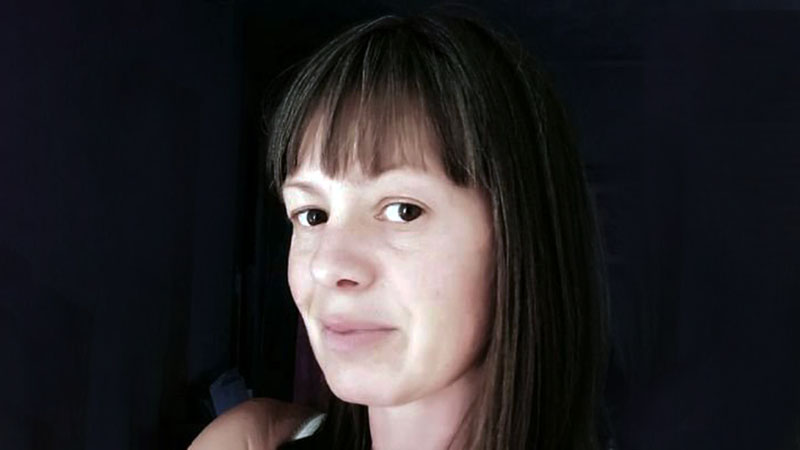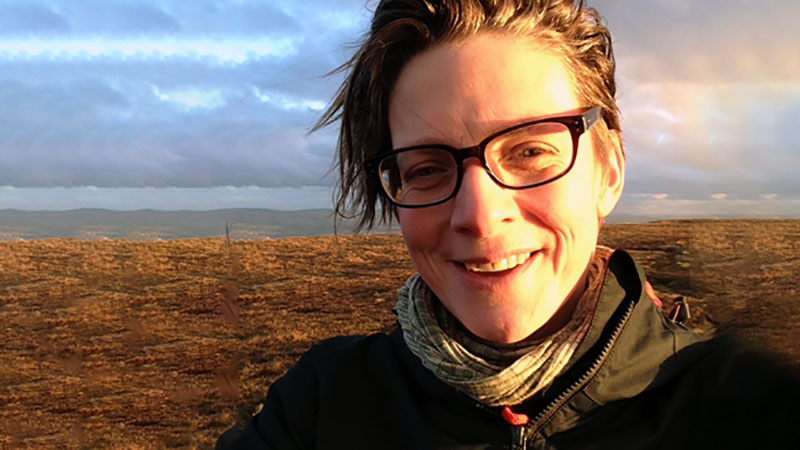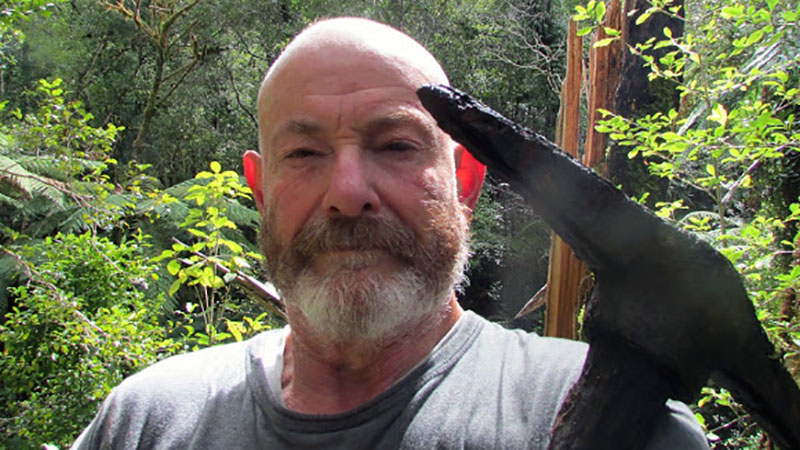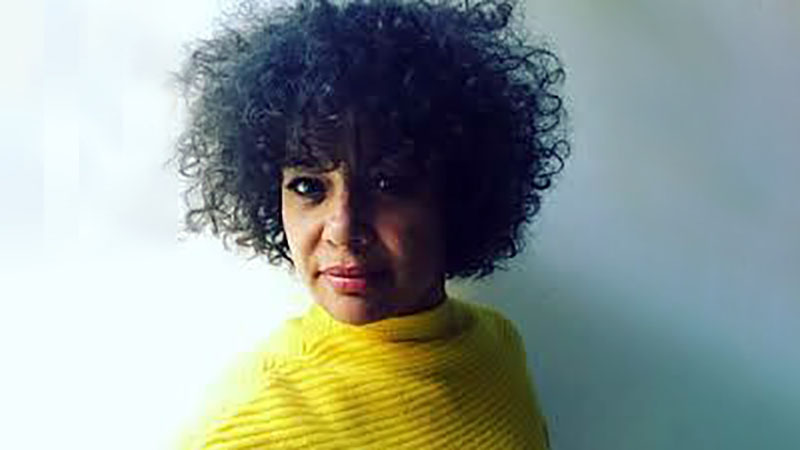John Clare: The Meeting
Principal Investigator(s): Professor Simon Kövesi
Contact: Simon.Kovesi@glasgow.ac.uk
Project start: January 2019
Project finish: September 2021
Funded by: Arts Council England, John Clare Society
About us
Reading and Writing through John Clare
An anniversary project celebrating 200 years since the publication of John Clare’s first book, Poems Descriptive of Rural Life and Scenery, in 1820.
The Meeting is the first poem in John Clare’s first book, Poems Descriptive of Rural Life and Scenery, published in London in 1820. It was also the Clare’s first poem to be set to music and performed on stage. The performance by singer Madame Vestris was at Drury Lane Theatre on 19 February 1820; the song was threaded into the pasticcio opera The Siege of Belgrade. Clare just missed the show, arriving in London for his first visit to the capital a short while after. Clare wrote that ‘on the night we got into London it was announcd in the Play Bills that a song of mine was to be sung at Covent Garden by Madam Vestris and we was to have gone but it was too late. I felt uncommonly pleasd at the circumstance’.
By way of celebrating the 200th anniversary of Clare’s first book, his first visit to London, and his first poem being performed on the West End stage, this project seeks to set up a parallel journey for new poets, new poems, musicians and actors – all creatively responding to Clare, across 2019, readying for a musical and poetical ‘meeting’ of their own, in London, in the spring of 2020.

Research impact
This project is led by Professor Simon Kövesi, in the School of English and Modern Languages at Oxford Brookes University. Following on from his 2017 book, John Clare: Nature, Criticism and History, Simon has been considering how to get the Romantic-period ‘peasant’ poet John Clare into parts of the UK that he doesn’t yet seem to reach. As a writer of impoverished origins, Clare offers an example of someone who made it into print despite his circumstances, his marginalisation, his deprivation, and all the prejudices and assumptions the literary world threw at him and his work. Clare’s early form of environmentalism and commitment to the protection of the natural world also makes him markedly relevant to our own ecologically-conscious times.
Since his first book in 1820, Clare has frequently been an inspiration to poets, visual artists, composers, novelists and dramatists – even film-makers (Simon ran a conference about this topic in 2014). This project is a continuation of this deep trend of critical appreciation of, and creative response to, Clare. Consulting early on with the National Literacy Trust, Simon worked closely with four established poets, all of whom know Clare's work and world intimately. In response to Simon’s book, the poets each devised a stream of Clare-focused creative writing workshops, in local libraries, in four areas: Bradford (and Keighley); Manchester; Peterborough; and south London. These workshops read Clare critically, and wrote creatively, in dialogue with his poetry, in response to his concerns, his world and his work. The workshops formed stage one of our project, which ran from May to July 2019. For stage two, see our plans for the 2020 anniversary.











